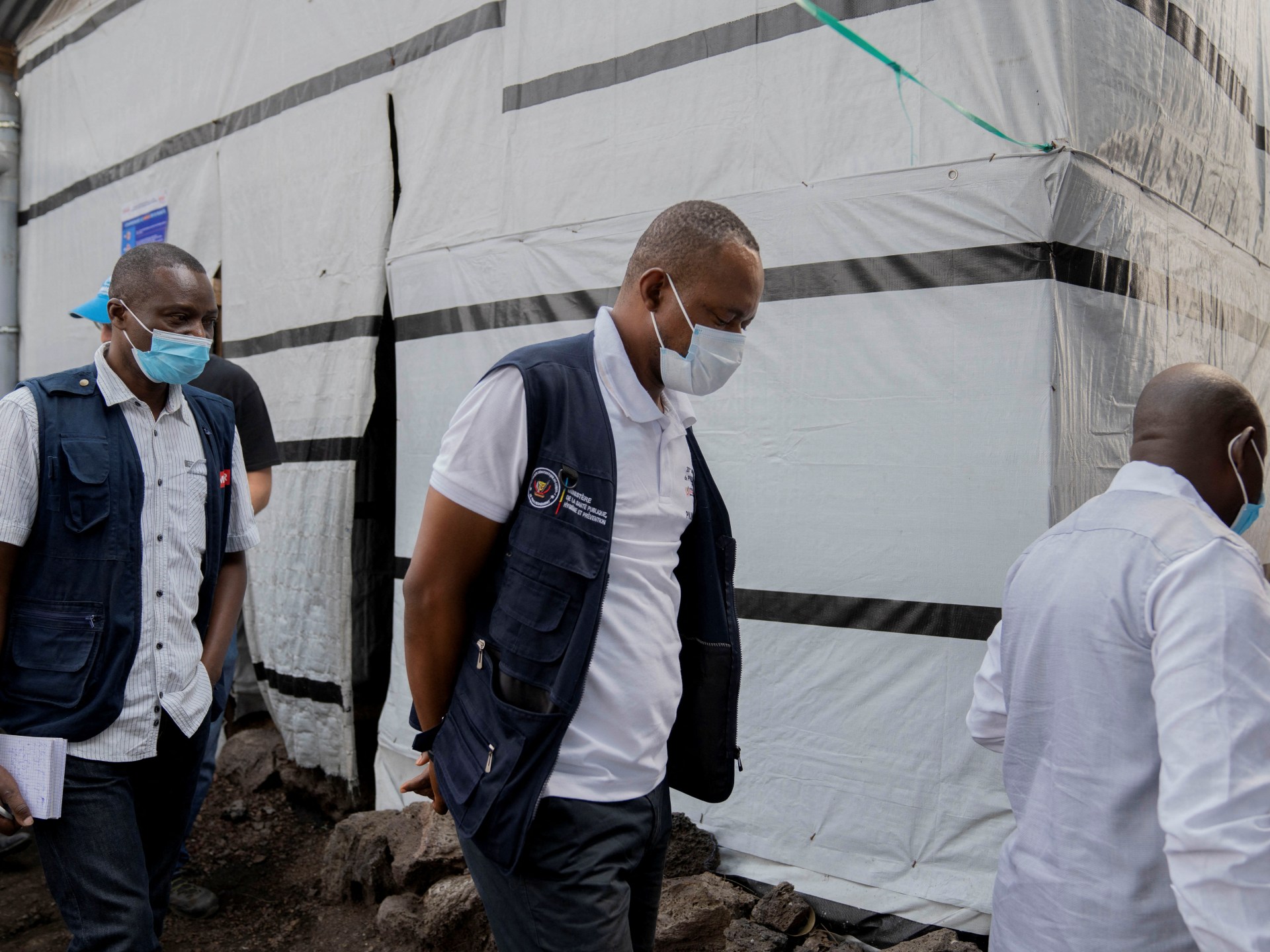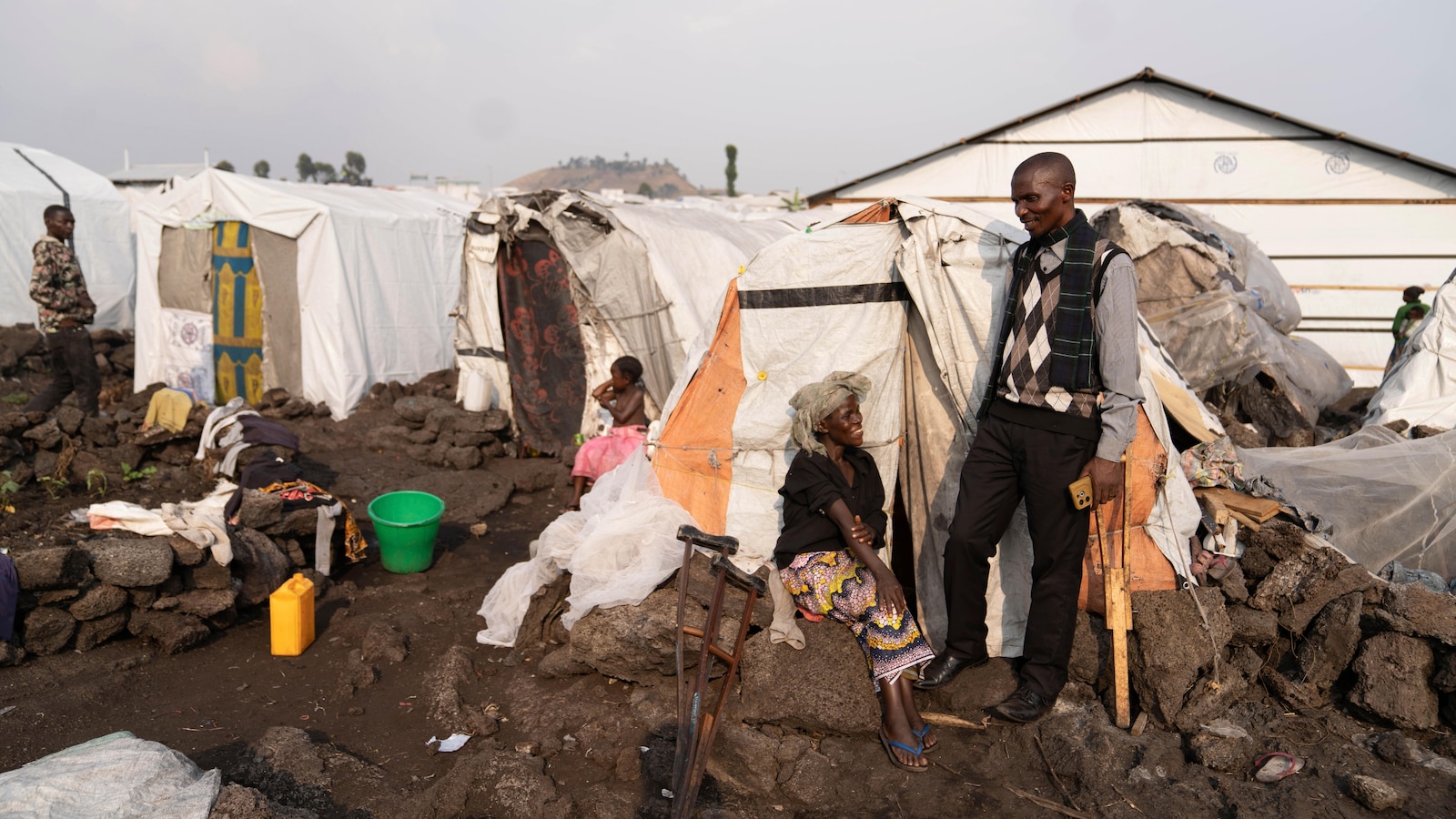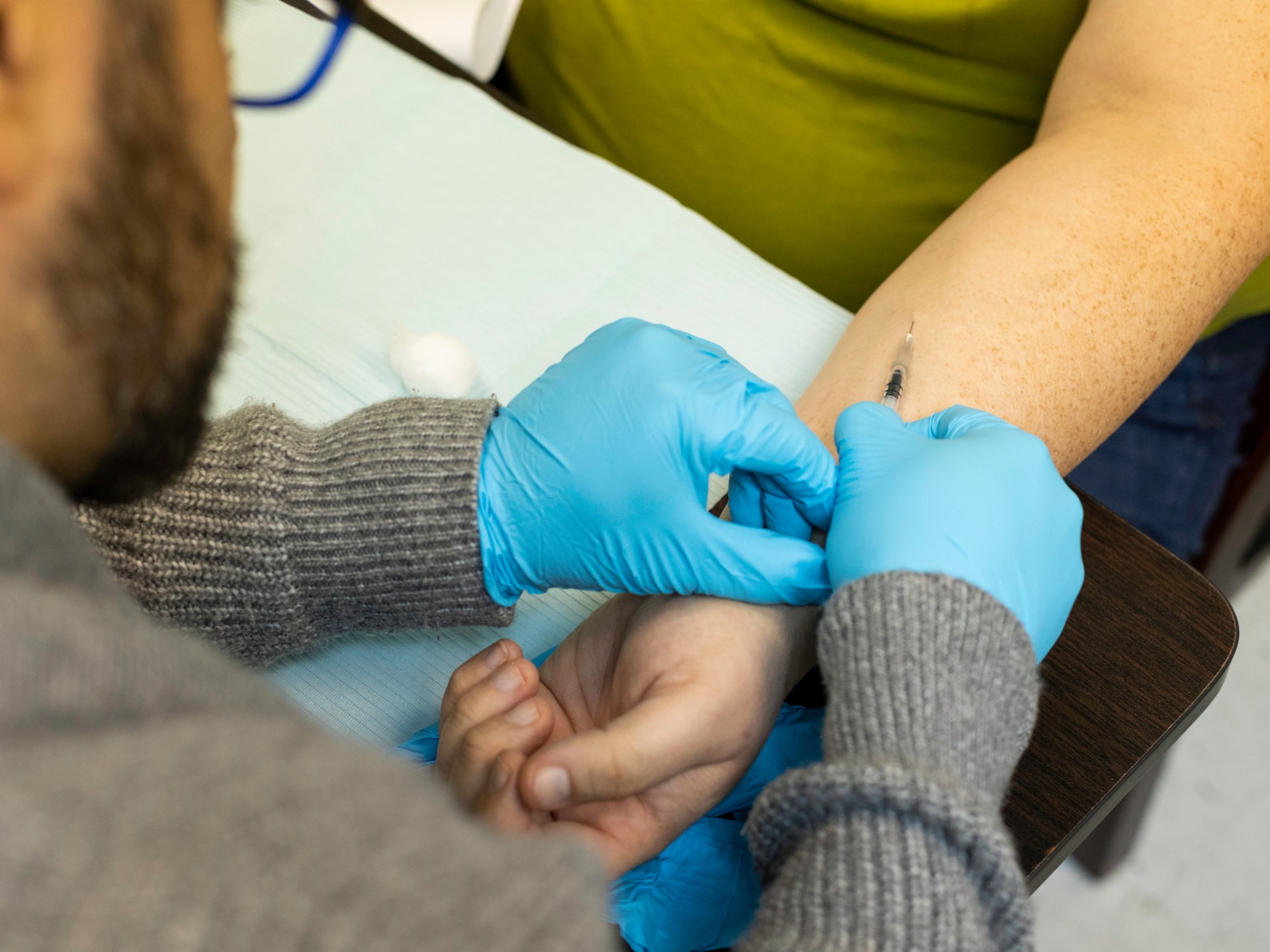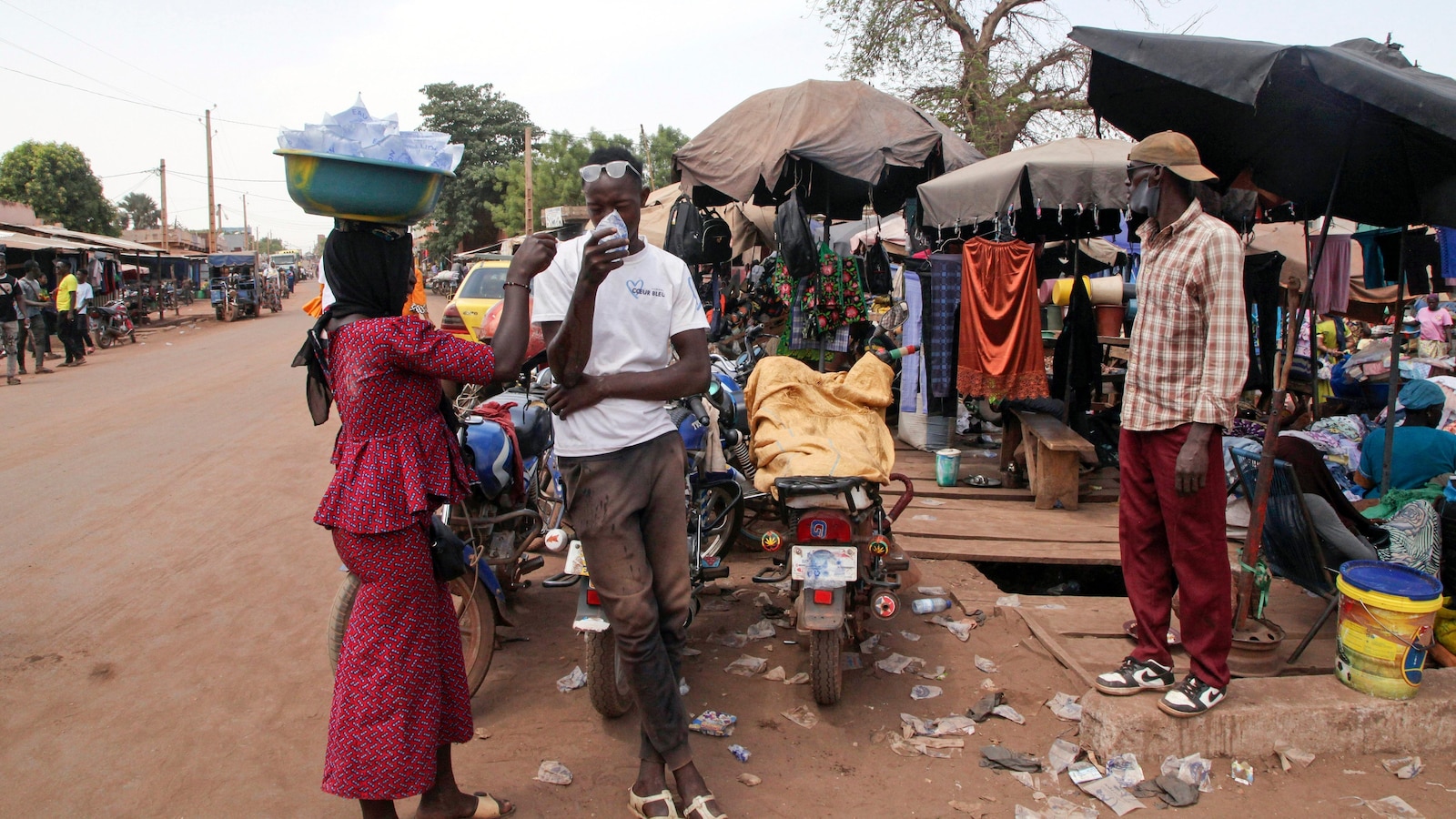Africa’s Mpox Outbreak: A Comprehensive Analysis
The African Union’s health watchdog, the Africa Centres for Disease Control and Prevention (Africa CDC), has declared a public health emergency over the growing mpox outbreak on the continent, calling it a “clarion call for action.”
Spread and Severity
Mpox, previously known as monkeypox, has spread rapidly through several African countries, particularly the Democratic Republic of Congo (DRC), where it was first discovered in humans in 1970. The outbreak, which has since spread to neighboring countries, began with an endemic strain known as clade 1. However, a new variant, clade 1b, appears to spread more easily through routine close contact.
As of August 4, there had been 38,465 cases of mpox and 1,456 deaths in Africa since January 2022. The Africa CDC has warned that the rate of spread is alarming, with more than 15,000 cases and 461 deaths reported this year alone, representing a 160% increase from the same period last year.
Transmission and Symptoms
Mpox is a viral infection that is transmitted through close contact. Symptoms include rashes, flu-like symptoms, and pus-filled lesions. Most cases are mild, but the disease can be fatal for children, pregnant women, and those with suppressed immune systems.
Clade 1b: A Variant of Concern
The new clade 1b variant has emerged as a cause for concern due to its increased transmissibility. While the clade 1 strain was largely associated with rural areas and animal contact, clade 1b has been spreading more rapidly in urban areas through close contact.
This increased transmissibility has led to the Africa CDC’s decision to declare a public health emergency and to urge countries to take immediate action to contain the outbreak.
International Response
The World Health Organization (WHO) is closely monitoring the situation and has expressed concern about the spread of the new variant. The WHO’s emergency committee will discuss the outbreak on Wednesday to determine whether a Public Health Emergency of International Concern (PHEIC) should be declared.
A PHEIC would alert health authorities around the world to the rising number of cases and would trigger international cooperation to combat the outbreak.
Conclusion
The mpox outbreak in Africa is a serious public health emergency that requires immediate action from governments, health organizations, and communities. The declaration of a public health emergency by the Africa CDC is a crucial step in raising awareness and mobilizing resources to contain the outbreak.
The spread of the new clade 1b variant is particularly concerning, and it highlights the need for increased surveillance, vaccination efforts, and public education to prevent further spread and protect vulnerable populations.
By working together, we can effectively respond to this outbreak and protect the health and well-being of our communities.



